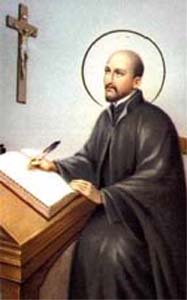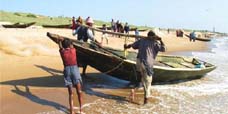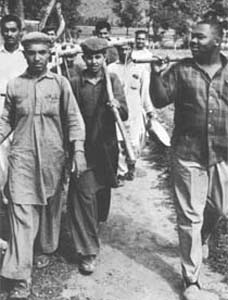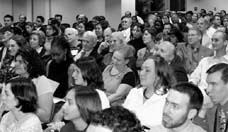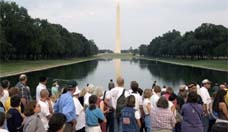
The Coyne Column: Peter McDonough writes "Why do you study Jesuits?"
The Coyne Column: "Why do you study Jesuits?"
John P. Coyne
Peter McDonough is a Professor Emeritus, Political Science, Arizona State University and a Returned Peace Corps Volunteer who served in Bangladesh (East Pakistan) from 1961 to 1963. Read this excerpt from his essay about Jesuits that will appear in the Spring issue of 'Studies in the Spirituality of the Jesuits,' a quarterly published by the Seminar on Jesuit Spirituality. I think you will enjoy it.
